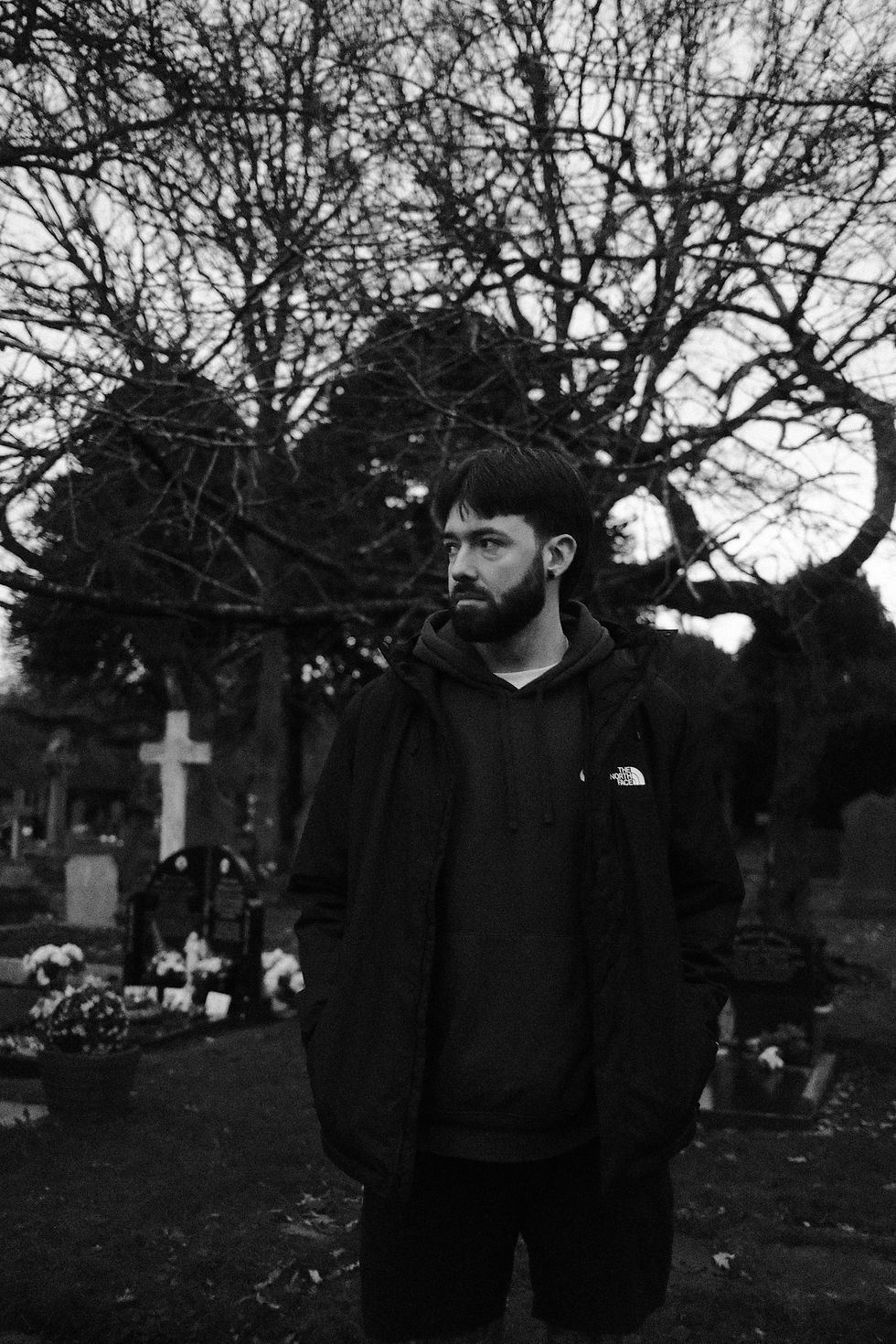Jerard Rice’s “C’est La Vie” Is A Genius Hip-Hop Therapy Session
- Jennifer Gurton

- Sep 20, 2025
- 4 min read

In a world flooded with cookie-cutter tracks, Jerard Rice’s “C’est La Vie” stands out as a raw, unfiltered gem, a musical therapy session that hits as hard as it heals. Part of his project Love Shouldn’t Cost A Thing, the track blends his fusion of hip-hop, pop, and world rhythms into a reflective anthem about shedding the weight of experiences that no longer serve us.
Rice, an independent music sensation with chart-topping hits like “Juice” and “No Brady,” isn’t just here to entertain—he’s here to connect. In “C’est La Vie,” he offers a brutally honest glimpse into his own battles, from depression and autism to the lifelong process of self-discovery. The line, “I got problems she can’t see,” cuts deep, a reminder that everyone carries invisible struggles.
What makes this track powerful is its duality. It’s both a celebration of growth and an acknowledgment of hardship. When Rice raps, “I don fell a couple times, but I cannot fall for you,” it feels like more than a lyric, it’s a mantra for resilience. Life’s obstacles aren’t dead ends; they’re stepping stones, and Rice turns that lesson into art you can carry with you.
The sound itself is just as immersive as the message. Vibrant beats meet introspective undertones, creating a sonic atmosphere that mirrors life’s emotional highs and lows. It’s a vibe that makes you nod your head while your thoughts drift inward, the perfect balance of rhythm and reflection.
Rice’s story as an independent artist adds undeniable weight to the music. He isn’t another rapper chasing a trend. He’s a global force who has built his career from the ground up, smashing iTunes charts and earning Billboard recognition without sacrificing authenticity. His journey proves that real success doesn’t come from shortcuts; it comes from grit, creativity, and the courage to stay true.
“C’est La Vie” is more than a song; it’s a testament to the human spirit. Whether you’re facing heartbreak, wrestling with personal struggles, or just trying to make sense of life, Rice delivers a soundtrack for resilience. As he puts it, “Life is going to happen… we can’t allow the obstacles in front of us to define or stop goals we were meant to achieve.”
Jerard Rice doesn’t just make music; he moves mountains. With “C’est La Vie,” he isn’t only taking the global stage by storm; he’s inviting us to stand taller, fight harder, and even dance in the rain.
Love Shouldn't Cost A Thing is more than just an album title—it's a statement. What personal experiences pushed you to build a whole project around that message?
It is a constant theme in my life. Love shouldn't cost a thing is more than just a theme and more than just a look at the financial cost of loving people. Love can be physically, mentally, and spiritually costly. So I had that theme just as a constant reminder as I made the music that's on this project.
Tracks like Starvin and Petty Love dive into grief, hunger, and heartbreak with no filter. When you're creating, how do you decide what to keep personal and what to share with the world?
Honestly, it's just a vibe.. I'm the vibe! When I make music, I don't think about what I need to keep away from people. It's just a feeling based on how I'm feeling and my truth in what I've been through or am currently going through. Being genuine and going deep is what makes the story come to life!
You've performed everywhere from grassroots UK festivals to Fenway Park. How does performing to 100 people in a small venue compare to rocking a stadium crowd?
I mean, in all actuality, it makes no difference when you're comfortable, but you always have to bring the energy and make it a show. Truly though nothing compares to that feeling of over 1000 people it could be a festival, or at Fenway either way there's no way to express the feeling you get when they're rocking with you, when they're singing along with you or when it gets louder than you could handle… but the silence when you're voice booms over the noise is just one of those moments that still gives me goosebumps.
You've spoken about turning your autism diagnosis into a strength instead of a setback. How has that shaped your writing process and the way you move in this industry?
Honestly, I can't tell you how it has, but I don't let it limit the creation, and if anything, it becomes part of the process or even just a motivator.. I think I've been fortunate enough to advocate not only for the Flutie Foundation but also as a person with autism, showing people that we are different and talented, which is a great way to represent the autistic community.
You often say music is a catalyst for unity and social change. In a world drowning in trends and algorithms, what keeps you grounded in authenticity?
Just the idea that more people like me really want more than a bunch of yes men and computers who decide what is "cool" or the new "vibe"! I can't really put more emphasis on the fact that I'm a genuine dude who wants to be around authentic energy. I can't fake it till I make it. I show people who I am in real life, no likes needed


